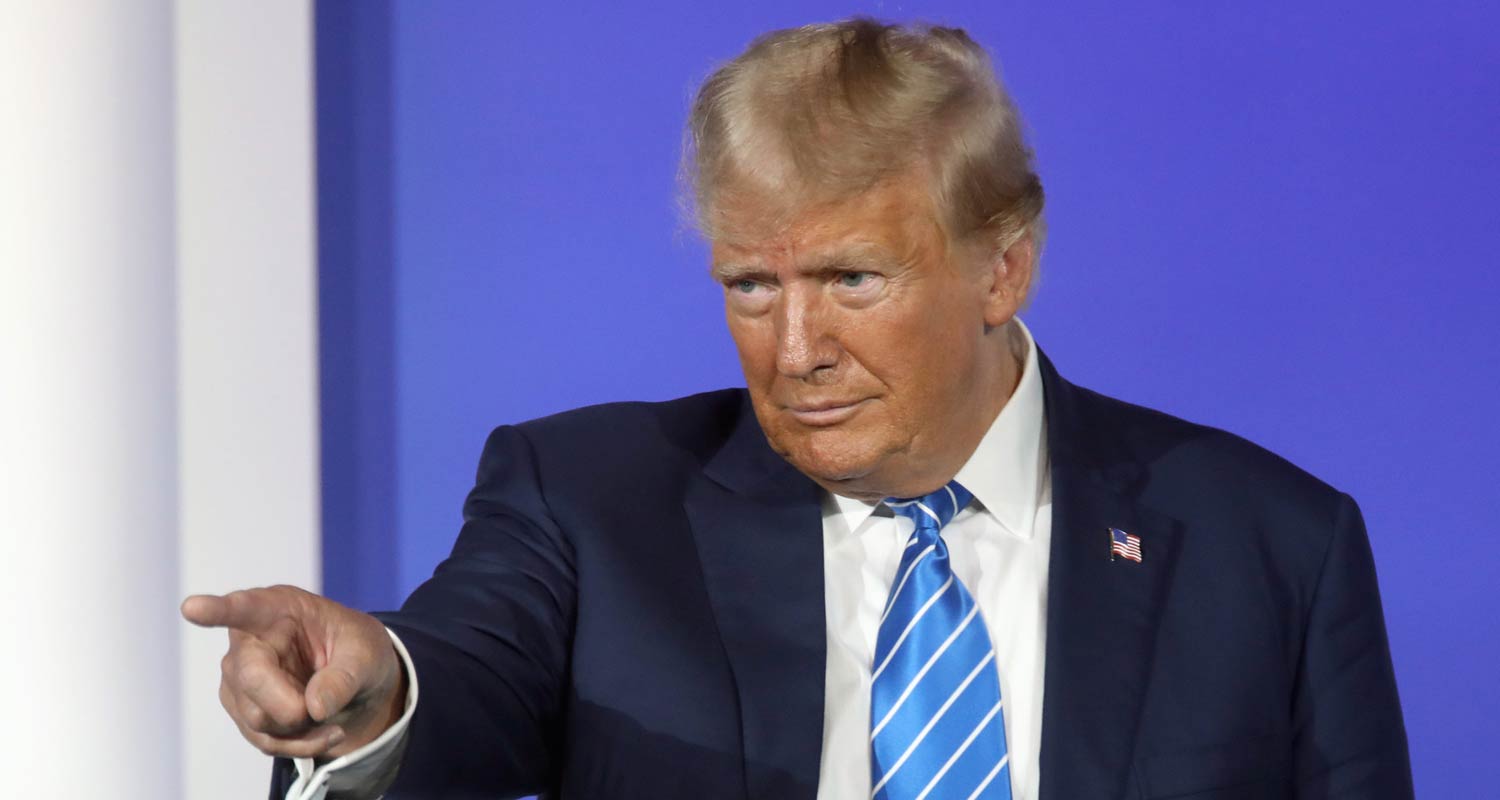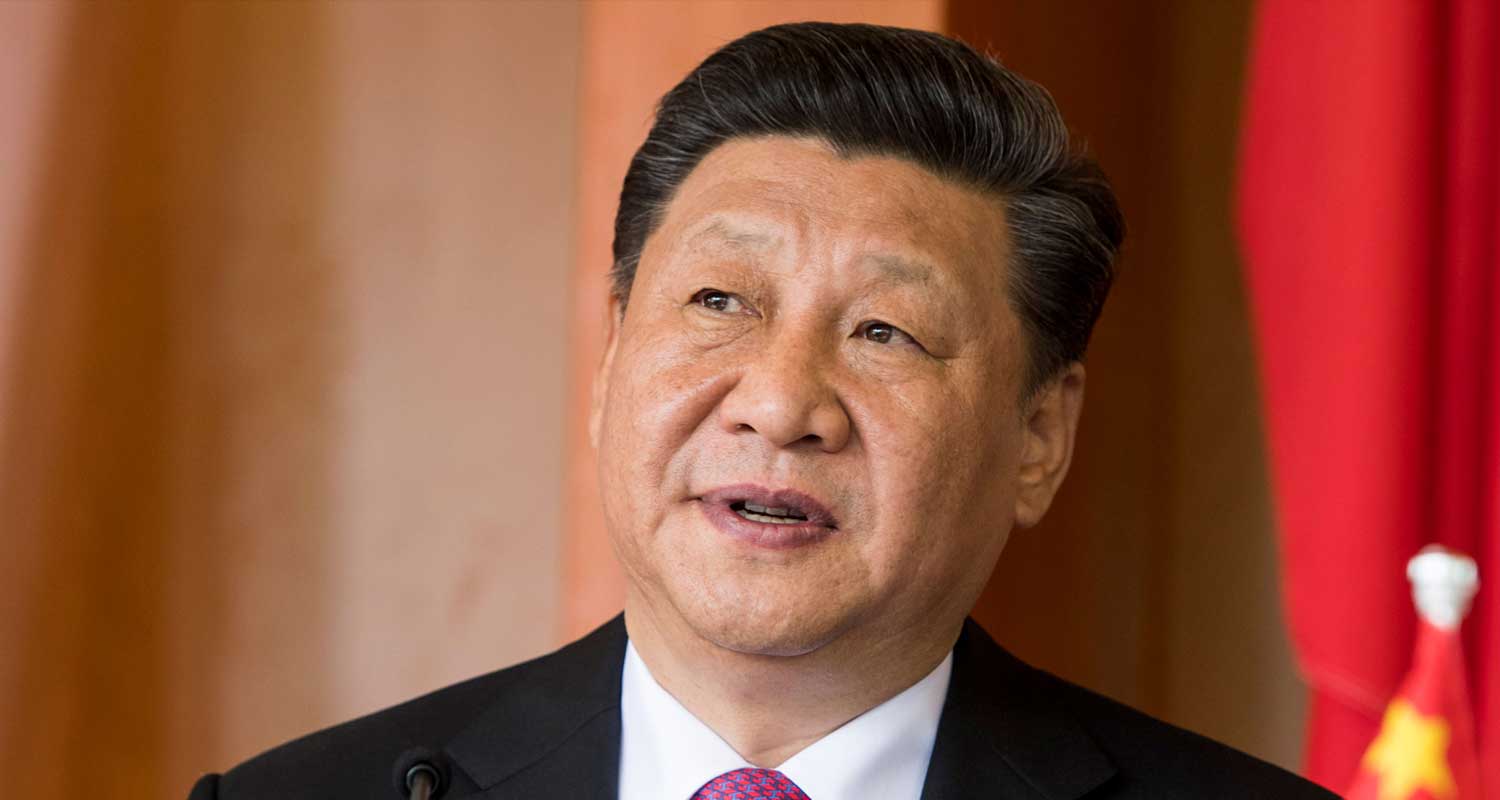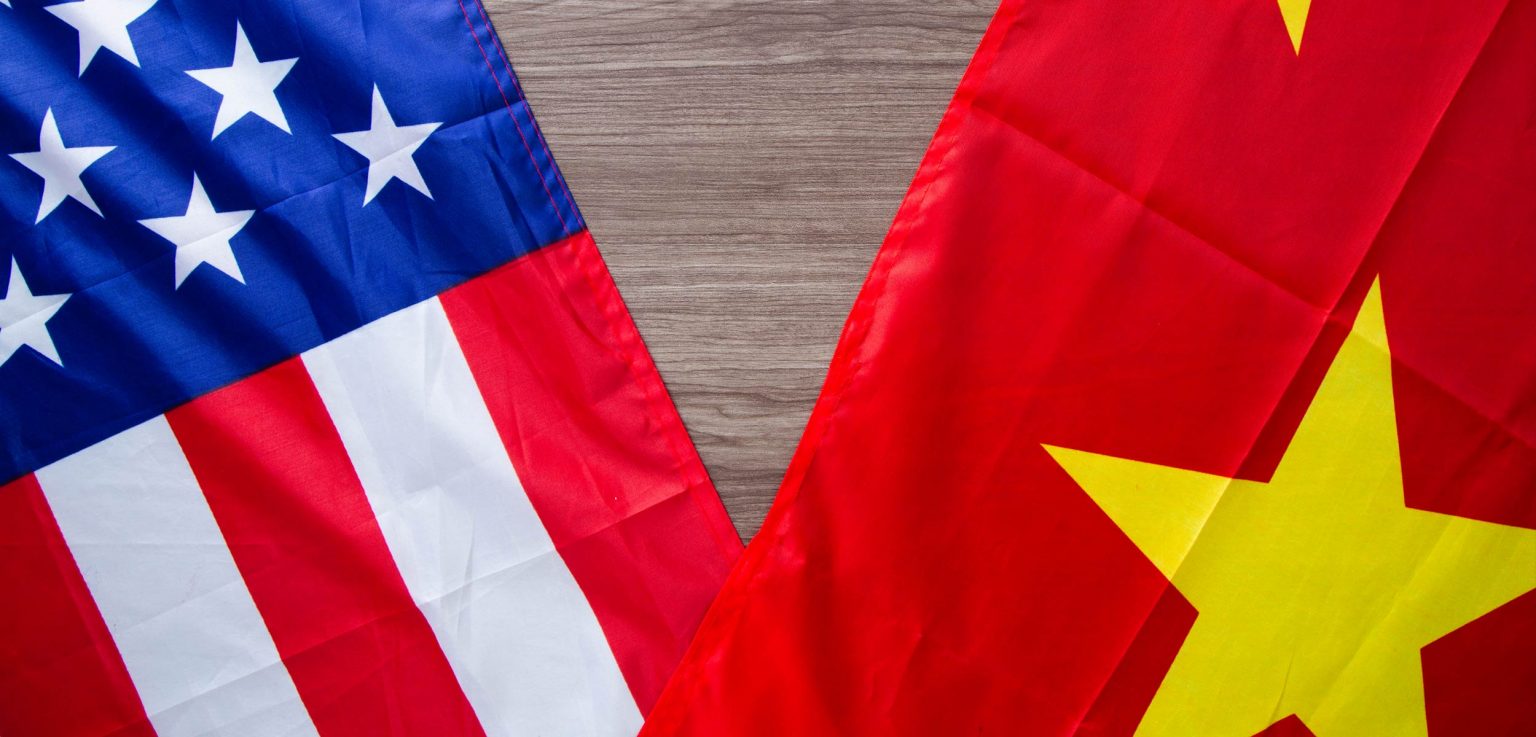When Donald Trump first started a trade war with China in 2018, Beijing found itself on the back foot and unsure of how to respond. This time President Xi Jinping is better prepared for a fight, even as he has more to lose.
Trump, who won a second term as president in an election on Tuesday, has threatened to put tariffs of as much as 60% on Chinese goods, a level that could decimate trade between the world’s biggest economies. That’s on top of a range of export controls on advanced technology that the Biden administration has only tightened since Trump left office.
In that time, China has taken strategic steps to ensure it’s more resilient and well positioned to strike back. Key to that has been expanding its toolkit, which now includes export controls on critical raw materials, in addition to tariffs on agricultural goods and an Entity List that can target key American companies.
“China, psychologically speaking, is much more prepared in dealing with him again,” said Zhou Bo, a retired senior colonel in the People’s Liberation Army and senior fellow at Tsinghua University’s Centre for International Security and Strategy.
Still, Xi would much prefer to avoid a tariff battle that risks proving much more devastating than the first round. China has relied on exports of goods like electric vehicles and batteries to buoy an economy beset by deflationary pressure and property woes, and Chinese lawmakers are meeting this week to formulate measures to bolster growth.
If Trump follows through on his tariff threats, Chinese authorities will need to do much more to help the economy. Goldman Sachs Group said last week that steeper trade restrictions on China may force Xi’s hand to bolster domestic consumption, something the Communist Party has traditionally sought to avoid.
Volatility ahead
The yuan on Wednesday weakened the most in two years and Chinese stocks fell, giving investors a taste of the volatility that lies ahead as Trump clinches the US presidency. The offshore yuan fell as much as 1.3% against the dollar, the largest one-day drop since October 2022. Chinese shares listed in Hong Kong bore the brunt of the selling, with a Hang Seng gauge closing 2.6% lower.
“China can hardly retaliate on 60% tariffs,” said Alicia Garcia Herrero, Asia-Pacific chief economist at Natixis. “What China will do is to announce a bigger stimulus to counteract so that the market doesn’t penalise China.”
Read: China’s economy is in real trouble
During Trump’s first term, roughly two years of threats, tariffs and talks ended with a deal signed in January 2020 that included a promise by China to buy US$200-billion worth of American goods to try and close its trade imbalance with the US. However, the outbreak of Covid around the same time quickly soured relations between the countries, and China never came close to achieving the targets as Chinese exports soared during the pandemic.
A renewed trade war threatens to do greater damage to global trade. Last year, Chinese companies exported $500-billion in goods to the US, or about 15% of the value of all its exports. If the US were to put high tariffs on all or much of those products, it could wipe out those sales and further hurt firms facing a weak domestic economy and falling prices.

While Chinese officials don’t want to overreact to Trump’s new tariff threats, they are also wary of looking weak, according to Scott Kennedy, a senior adviser at the Washington-based Center for Strategic and International Studies, who frequently travels to China. Potential options for Xi’s government, he said, include targeting American companies with sizeable interests in China, selling US treasuries, devaluing the yuan, and doing more outreach in Europe and Latin America.
“They’re sick of being treated like a piñata and want to fight back,” Kennedy said of China. “They’re prepared to deal with Trump and fight fire with fire if needed.”
One wild card for China is the emergence of Elon Musk as a major supporter of Trump’s campaign for president. The billionaire CEO of Tesla has extensive business interests in China, raising the possibility that he could advocate a softer approach. Trump praised Musk while declaring victory in the early morning hours of Wednesday in the US.
But if a trade war does erupt, China will be ready to hit back — and US exports of agricultural goods may again be the first target. Since Trump’s first term, Brazil has strengthened its position as the largest soybean supplier to China, and is now also the biggest source of corn imports, replacing the big spike of US exports to China as part of the 2020 trade deal. In 2016, the US supplied more than 40% of Chinese soybean imports, but that had fallen to less than 18% in the first nine months of this year.
China’s slowing economy also provides Beijing with more of a buffer, as its demand for pork — as well as corn and soybeans to feed pigs — has slumped. That means it’s less reliant on imports and can more easily shift purchases from the US to other nations.
“There should not be any doubt about China’s tit-for-tat retaliation,” said Zhou Xiaoming, a researcher at a Beijing think-tank and a former deputy representative to China’s UN mission in Geneva a decade ago. “Easy targets include corn and soya beans. The country is in a better position than 2018 to take counter measures as China has developed Brazil as a reliable alternative source of supplies and been able to reduce imports from the US.”
Fewer obvious targets
At the same time, however, China has fewer obvious targets to hit. The country’s imports from the US have fallen from a peak in 2021 and Beijing hasn’t signed a contract to buy new Boeing jets for years, meaning it has one less threat it can make. As well as a weakening trade relationship, direct investment ties between the US and China are also shrinking: the stock of Chinese investment in the US last year was down by 28% from the peak in 2019, according to UN data.
That raises the possibility that China may seek to devalue its currency, making exports cheaper. While China’s last formal devaluation was in 2015, during the thick of the first trade spat from mid-2018 to mid-2019, authorities allowed the yuan to fall to almost C¥7.20/$, making its exports cheaper and providing some cushion to Trump’s tariffs.
Read: South Africa asks China for better balanced trade
The Chinese currency is currently around the same level, but allowing it to drop a lot further risks irking other trading partners around the world, who might in turn put their own tariffs on Chinese goods. A flood of cheap steel has already prompted nations to raise barriers to the metal, and that could spread to more products in a general trade war.
One major new tool for Xi is export controls, which the US has deployed frequently against China. Last year, Beijing restricted overseas sales of gallium and germanium, two metals which are widely used across chip-making, communications equipment and defence industries. China may now seek to impose curbs on critical raw materials the US needs for strategic technologies, such as antimony, which is used in some semiconductor devices.

China also now has a more formal process for sanctioning foreign firms. Authorities in September said China would begin a probe of PVH, the parent company of Tommy Hilfiger and Calvin Klein, for not using cotton from the far west region of Xinjiang, where the US restricted trade due to human rights concerns. Beijing has also sanctioned a US drone firm for supplying Taiwan, blocking it from purchasing parts in China, according to the Financial Times.
Ultimately, China would prefer to strike a deal with Trump. The incoming president has signalled that he would be open to Chinese investment in the US, which could potentially form the basis for some sort of agreement, according to Henry Wang Huiyao, founder of the Centre for China and Globalisation research group in Beijing.
“Trump is a pragmatic politician who focuses on solving specific problems,” Wang said. “China has the super lead on electric vehicles and green technology,” he added. “There’s an enormous opportunity that Chinese companies can help make America great again.”
Still, there’s a recognition in Beijing that China must hope for the best and prepare for the worst. And there’s not a whole lot of options if Trump wants to make good on extreme threats that would also hurt the US and raise prices for American consumers.
“We’ve talked a lot about what China can do to prepare for this scenario, but in the end there isn’t really too much that can be prepared,” said Tu Xinquan, a former adviser to China’s commerce ministry who is now professor and dean of the China Institute for WTO Studies at the University of International Business and Economics in Beijing.
“There’s no silver bullet,” he added. “We can only deal with the problem when it comes.” — (c) 2024 Bloomberg LP


